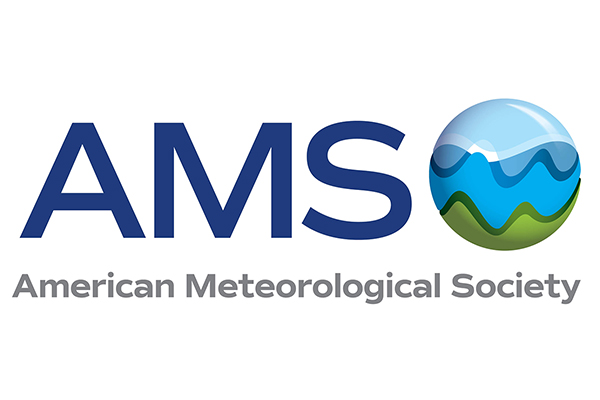AMS Accepting Abstracts
The 102nd American Meteorological Society (AMS) Annual Meeting will take place in Houston, Texas from January 23 to 27, 2022.
Please consider submitting an abstract to the session on “Security and Resilience Applications with Global Earth System Models,” part of the Conference on Climate Variability and Change.
Abstracts are due Wednesday, September 1, 2021.
Two of the session co-chairs are E3SM Executive Committee members, Ruby Leung and Dave Bader. The other co-chairs are Venkatachalam Ramaswamy (Geophysical Fluid Dynamics Laboratory), Jean-François Lamarque (NCAR), and Gokhan Danabasoglu (NCAR).
The co-chairs are looking for creative applications of global Earth system, climate and weather models that address the challenges in climate resilience and security.
Session Topic ID: 59205
Session Topic Title: Security and Resilience Applications with Global Earth System Models
Conference: 35th Conference on Climate Variability and Change
Topic Description: This session is devoted to global weather, climate and Earth system modeling to address the security challenges facing the US and the world. Convened by the leaders of three major US modeling centers, the session is intended to encourage innovation in model applications. We are especially interested in creative and original simulation designs, scenarios development, and analysis using global Earth system models that span multiple disciplines and time frames. We are also interested in model development and evaluation aiming to fill the gaps in enabling new approaches to risk assessment and how those would affect simulation designs and scenarios development. The session will report results from original simulations and analyses to address issues such as, but not limited to:
- Water, energy, and food security
- Infrastructure design and security
- Geoengineering, decarbonization, and other climate solutions
- Regional impacts of climate change within the context of global modeling
- Regional nuclear weapon exchanges (“nuclear fall/winter”)
- Coupled earth system modeling and societal applications, especially those involving vulnerable populations (e.g., coastal communities)
- Environmental justice
- The Blue Economy (oceans, fisheries and coastal economies)



